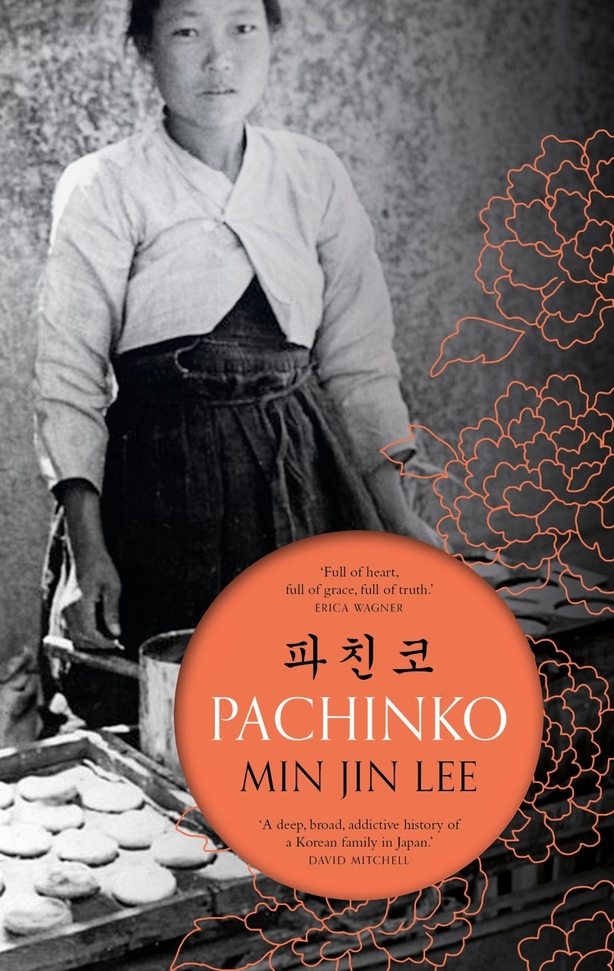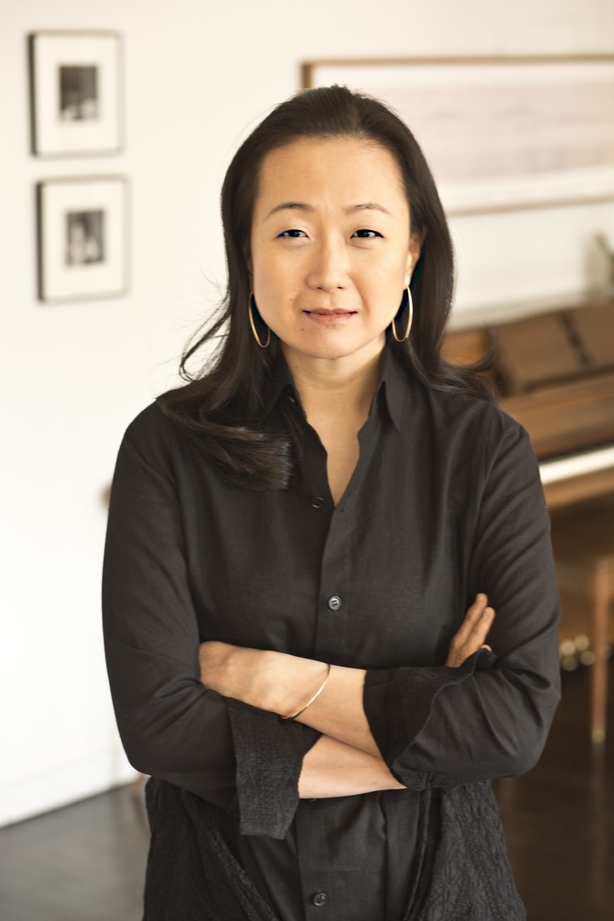Pachinko is set in Korea and Japan and vividly documents through one family's story the marginalised status endured by Koreans in 20th century Japan. Avril Hoare welcomes the 500-page novel as `an epic tale of hope, courage, despair, and family.'
There can hardly be a family in Ireland that doesn't have someone who left, whether by choice or necessity. The only way off the island is by crossing seas and oceans. Millions have looked out of a tiny window on an airplane or over the side of a ferry, some feeling the thrilling anticipation of new adventures, others praying it will just work out. Most probably wondering if they were doing the right thing..
Sometimes leaving breaks your heart but still easier than staying. And when you get there, how do you go about settling? Settling can mean feeling comfortable, fitting in, finding a nook. It can also mean compromise - accepting what's available, knowing that what you really want, isn't.
The immigrant experience raises all the big questions about home. Where is it? What is it? Is it the place you're from or the place you live? Does it end up as either? Home, but not really.
Pachinko, which begins in Korea in the early 1900s, explores all of these themes and throws up its own questions about them. It is the story of a multi-generational family, starting with a young pregnant woman, Sunja, who marries to avoid shame. The father of her baby is already married so she accepts an offer of marriage from Isak, a minister who brings her to Japan to live with him, his brother and his brother's wife.

At that time Koreans were discriminated against in Japan. Marginalised, treated as outsiders, second class citizens. Sunja swaps shame and guilt for exclusion and hostility.
This sprawling, epic novel weaves together the stories of Sunja's family through the generations up until the 1980's. It tells of their hardships, their struggles to survive, their triumphs, their failures. The historical context of that period in Korean/Japanese relations is almost a character in itself and adds so much to the richness of this book.

The story asks questions about family, culture, identity, home, roots.. What ties people together? Who or what is the glue? Some of these questions are universal - we've all had to figure out how to deal with the good and bad things that happen, the role chance plays in our lives, which ties in with the novel's title, Pachinko, a pinball-style game that features along the way. The questions also include how we strive to belong, to make others happy, to be happy ourselves, to just survive it all.
The characters, especially the female ones, are particularly strong and memorable. The writing is beautiful, vivid and captivating. It's a big book, almost 500 pages. The first three quarters are especially good, really satisfying. For me, it lost a little of its grip in the final pages. But don't be put off, there is enough to hold your attention and the writing is superb.
Pachinko is an epic tale of hope, courage, despair, family. How to carve out a home against the odds, how people spend (waste?) so much time looking back as well as forward. It reminded me that the lives, loves, dreams and disappointments of others often echo our own. Min Jin Lee's ambitious saga packs a powerful emotional punch.






